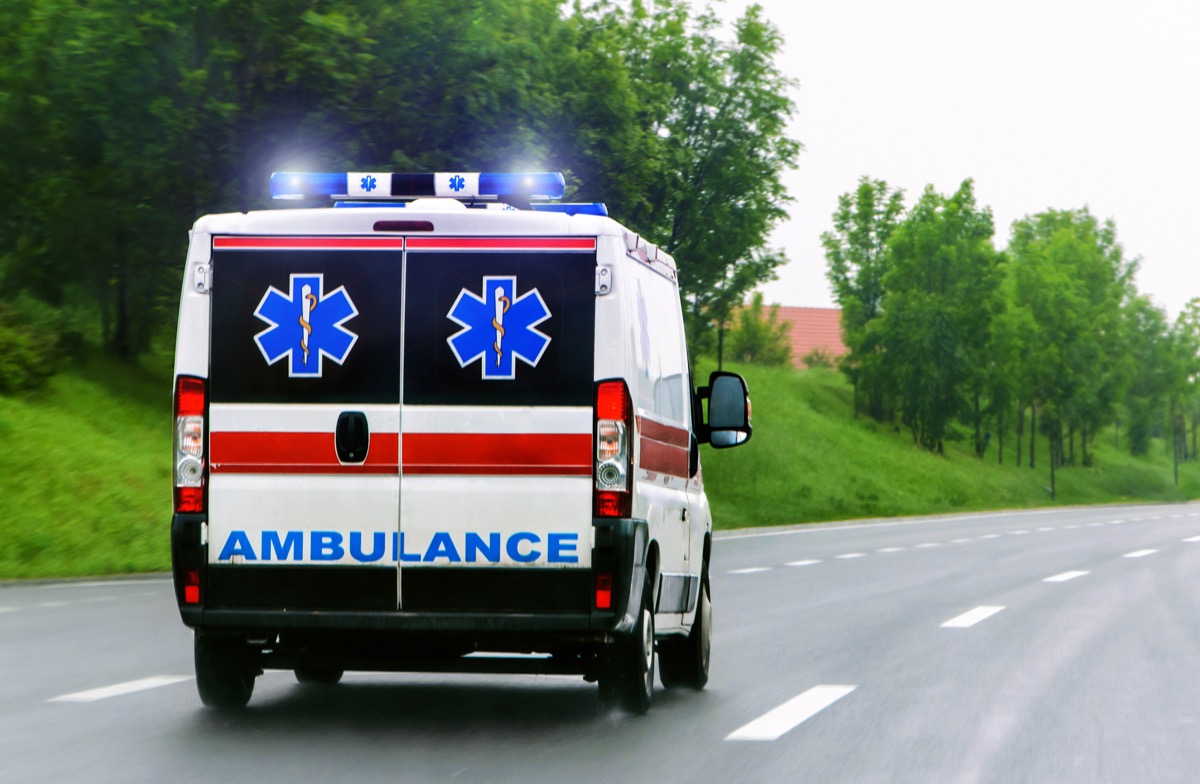If you have these symptoms or know someone who is experiencing these symptoms, the CDC says to call 911 or your local emergency facility. “If you have a bad cough, chest pains, shortness of breath, and are unable to walk much without needing breaks; or if you have co-morbidities [COPD, diabetes, heart disease] and have symptoms of COVID 19, I would absolutely recommend coming to the ER,” Brandon Lawrence, MD, an ER doctor in Arizona, told Health.ae0fcc31ae342fd3a1346ebb1f342fcb RELATED: For more up-to-date information, sign up for our daily newsletter. However, you don’t need to visit the ER if you’re experiencing non-emergency symptoms—including fever, cough, fatigue, muscle aches, headache, loss of taste or smell, sore throat, runny nose, nausea, or diarrhea, the CDC says. Instead, Annie Sadosty, MD, a Mayo Clinic emergency medicine physician, says that you should contact your primary care provider in these cases. “If you merely are concerned that you may have COVID-19 and think that you need testing, there are other venues that I would encourage you to access by calling your primary care provider, who can then direct you to the many different options, whether in the clinic, in a drive-thru testing area, or otherwise,” Sadosty said. And for more coronavirus signs, check out 13 Coronavirus Symptoms That Are More Common Than a Sore Throat.
